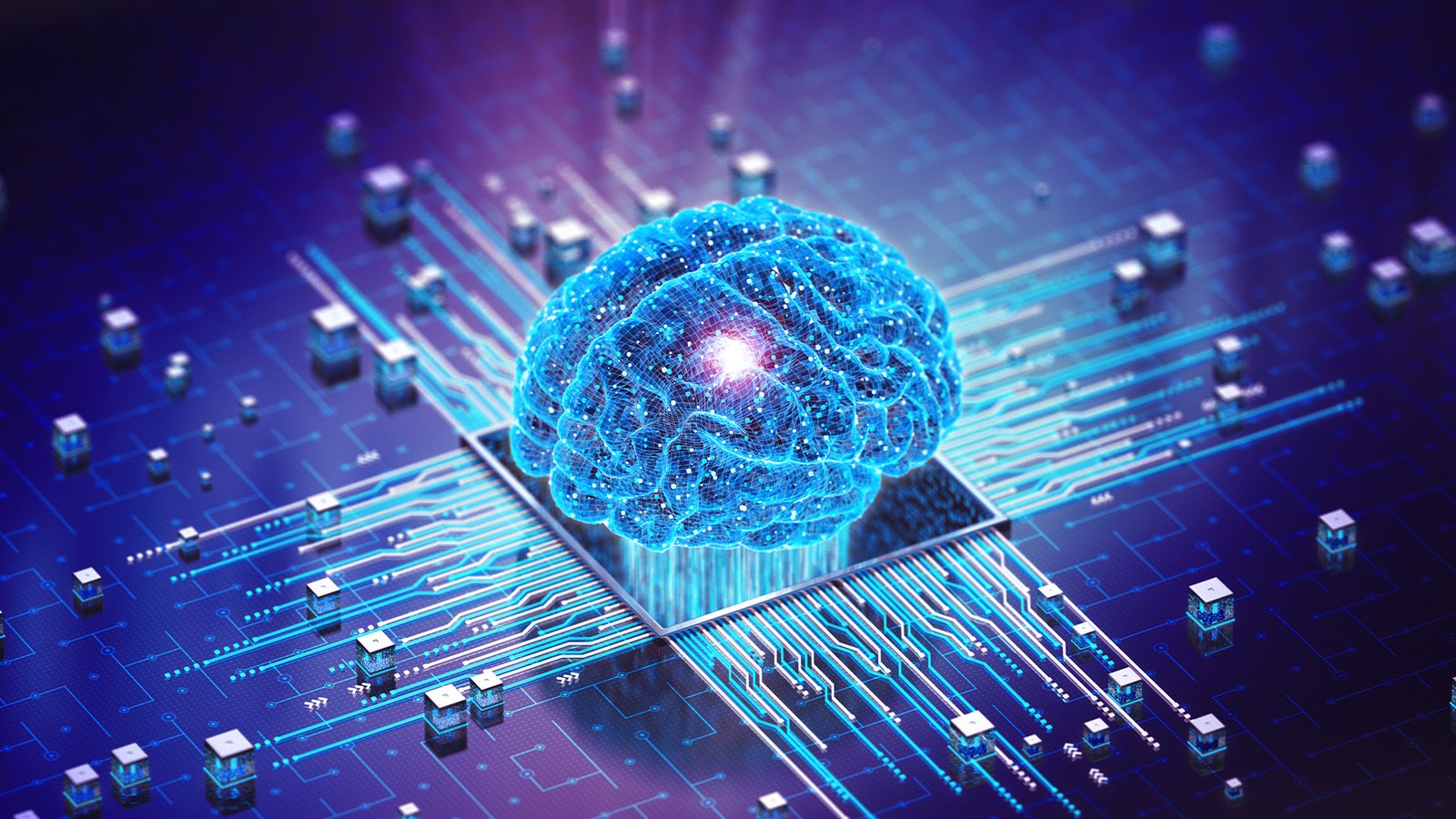Artificial intelligence is rapidly transforming our world, offering unprecedented potential across various domains. However, this transformative power comes with inherent risks. To harness the benefits of AI while mitigating its potential downsides, it’s crucial to adopt a proactive and responsible approach. This essay outlines ten key advices for navigating the AI frontier safely and ethically.
1. Prioritize Transparency and Explainability: AI models, particularly complex ones like deep learning systems, often operate as “black boxes,” making it difficult to understand how they arrive at their decisions. This lack of transparency can lead to unintended biases, errors, and a lack of trust. Developers should strive to create AI systems that are explainable, allowing users to understand the reasoning behind the model’s outputs.
2. Mitigate Bias: AI systems are trained on massive datasets, which can reflect and amplify existing societal biases. These biases can manifest in discriminatory outcomes, such as biased loan approvals or unfair recruitment algorithms. Rigorous data analysis and bias detection techniques are essential to identify and mitigate these biases before they cause harm.
3. Ensure Data Privacy and Security: the systems of the artificial intelligence often rely on vast amounts of personal data. Robust data privacy and security measures are crucial to protect user information from unauthorized access, breaches, and misuse. This includes implementing strong encryption, access controls, and adhering to data privacy regulations like GDPR.
4. Foster Human-Centered AI: it should be designed to augment human capabilities, not replace them. It’s crucial to prioritize human oversight and control in AI systems, ensuring that humans remain ultimately responsible for the decisions and actions of this intelligence.
5. Address Job Displacement: The rise of this genuis automation has the potential to displace workers in various sectors. Proactive measures are needed to mitigate job losses, including investing in education and training programs to equip the workforce with the skills needed for the artificial intelligence-powered future.
6. Promote Responsible Development: Developers and researchers have a significant responsibility to ensure the ethical and safe development of this nonhuman intelligence. This includes adhering to ethical guidelines, conducting thorough safety assessments, and considering the potential societal impacts of their work.
7. Guard Against Misuse: the artificial intelligence technologies can be misused for malicious purposes, such as creating deepfakes for disinformation or developing autonomous weapons systems. It’s essential to proactively address these risks through research, policy development, and international cooperation.
8. Promote Inclusivity and Diversity: The development and deployment of AI should be inclusive and diverse, reflecting the diversity of the human population. This includes ensuring that AI teams are diverse and that AI systems are designed to serve the needs of all individuals, regardless of their background or circumstances.
9. Cultivate AI Literacy: Fostering the artificial intelligence literacy among the general public is crucial to ensure that individuals understand the potential benefits and risks of AI. This includes providing educational resources, promoting public discourse, and encouraging critical thinking about the role of artificial intelligence in society.
10. Establish Robust Governance: Effective governance frameworks are needed to ensure the responsible development and deployment of this artificial intelligence. This includes clear regulations, international cooperation, and the establishment of independent oversight bodies to monitor AI systems and address potential harms.
In conclusion, navigating the AI frontier requires a multi-faceted approach that prioritizes safety, ethics, and human values. By adhering to these ten advices, we can harness the transformative power of AI while mitigating its potential risks, ensuring that AI serves humanity for the betterment of all.


